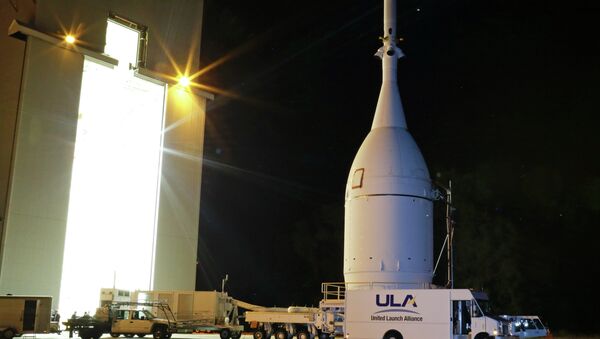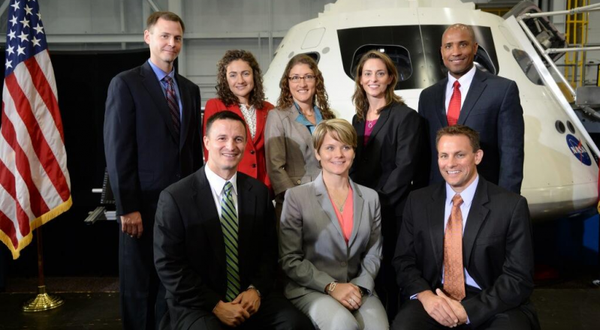"The new Orion spacecraft is not going to Mars just yet; Thursday's debut will be unmanned and last just 4½ hours. But it will be the farthest a built-for-humans capsule has flown since the Apollo moon missions, shooting 3,600 miles out into space in order to gain enough momentum to re-enter the atmosphere at a scorching 20,000 mph," the Associated Press reported.
Orion is NASA's first spaceship built for astronauts "in more than a generation." It was designed to carry its crew to deep-space destinations, particularly to Mars. "We need a spacecraft that's going to be sturdy enough and robust enough to carry astronauts well beyond low-Earth orbit for weeks and months at a time," says Bryan Austin, a former NASA shuttle flight director and representative of Lockheed Martin Corp., the company that built the capsule.
Researchers working on the project are planning to gather all the necessary data regarding Orion's key systems during the test flight.
The "Exploration Flight Test-1" will last about 4.5 hours. The spacecraft will be launched at 12:05 GMT on December 4 and its splashdown is expected to happen at about 16:29 GMT, the media outlet elaborated.
Although the Orion capsule will be unmanned during its first test flight, people still will be involved in one of the most risky aspect of the mission: they will have "to fish Orion out of the Pacific Ocean" after its splashdown.
The first Orion piloted mission will be launched no sooner than 2021.





